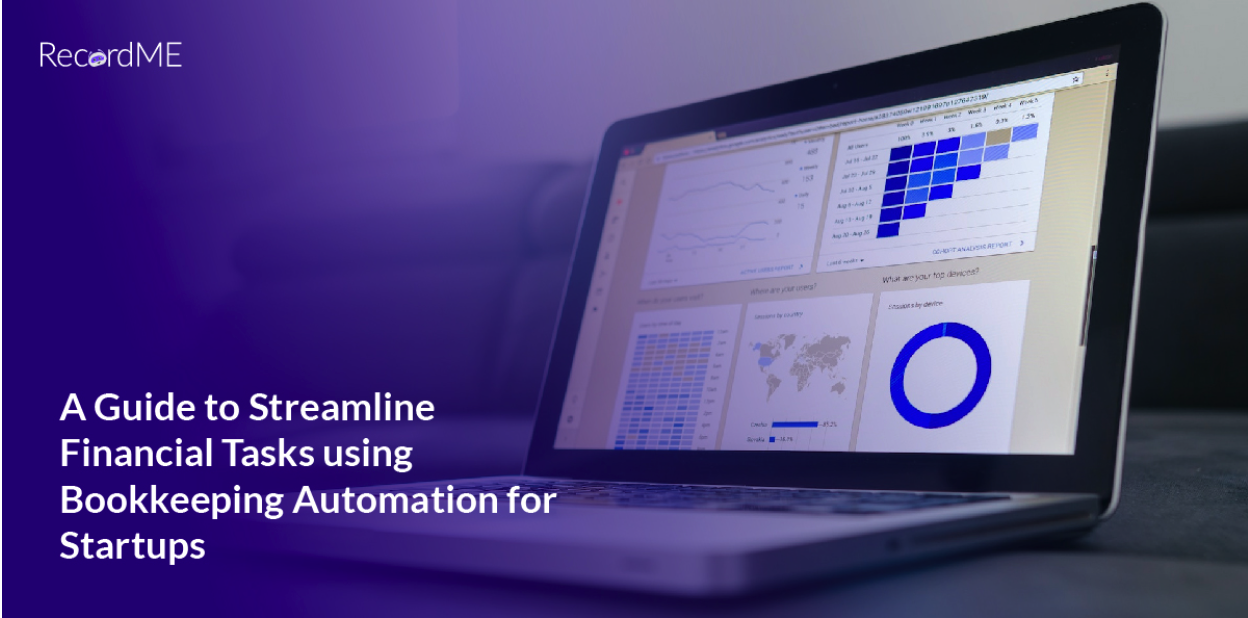
Bookkeeping Software Tips to Streamline Your Finances
As business owners, freelancers, or anyone who needs to keep track of money, managing finances can be a headache — a necessary one, but a headache nonetheless. The good news is, modern bookkeeping software can take the pain away, helping you keep your finances neat and tidy with less effort than you might imagine.
Understand Your Needs
Before diving into the pool of bookkeeping software options, it’s crucial to get a clear picture of what you expect from such a tool. Are you a solo entrepreneur looking for a simple way to watch over your in-and-outs? Or perhaps you’re managing a larger business with a need for detailed financial reports?
Understanding your needs will help you choose software that suits your requirements without paying for bells and whistles that you’ll never use. Look for features like invoicing, expense tracking, financial reporting, tax preparation, and perhaps integration with payment gateways if your business requires it.
Start Simple and Learn the Basics
One mistake people often make is jumping into the most advanced software features headfirst. It’s like trying to run before you can walk. What often works best is starting with the fundamental pieces of bookkeeping: recording transactions, organizing receipts, and tracking expenses.
Most bookkeeping software comes with tutorials or a guide. Make use of these resources to get yourself familiar with the platform. Once you’re comfortable with the basics, you can then explore more complex functionalities.
Automate Whenever Possible
Let the software do the heavy lifting. Automation is your friend and can save you an unimaginable amount of time. Setting up automatic transaction entries, payment reminders, and recurring invoices are just a few ways that bookkeeping software can help streamline your process.
Also, consider connecting your bank account to your bookkeeping software. This feature allows your transactions to be pulled directly into the software, eradicating the need for manual entries and reducing errors.
Regularly Back Up Your Data
Even the most reliable systems can have an off day. Regular backups are your insurance policy against data loss due to crashes, hacks, or other unforeseen circumstances. Most cloud-based bookkeeping solutions automatically back up your data, but it’s always good to have your own backup protocols in place as well.
Keep Pristine Records
One of the primary purposes of bookkeeping software is to keep accurate and up-to-date financial records. To do this effectively, you need to ensure that you enter the correct data from the start.
Keeping your receipts digitized is also a smart move. Many bookkeeping solutions offer the ability to upload or take pictures of receipts, linking them directly to corresponding transactions, making it simpler to keep track of business expenses.
Review Reports to Make Informed Decisions
Bookkeeping software isn’t just about keeping a record of what has happened; it’s also a tool for projecting and planning for the future.
Regular scrutiny of financial reports like profit and loss statements, balance sheets, and cash flow statements can grant you a deeper understanding of the financial health of your business. By analyzing these reports, you can identify trends, plan budgets, and make informed decisions that align with your business goals.
Train Your Team
If you have a team, it’s vital they know how to use the software too — at least the features relevant to their roles. Whether it’s for tracking time, managing expenses, or issuing invoices, ensuring that your team is comfortable with the software will result in more accurate and consistent record-keeping.
Stay Up-to-date
Like any other kind of software, bookkeeping platforms evolve over time. New features are added, interfaces are improved, and security is enhanced. Staying updated with the latest version ensures that you are using the software to its full potential and you’re getting the latest in security and functionality.
Ask for Help When Needed
Sometimes you might hit a snag you just can’t figure out, or perhaps there’s a feature that’s not making total sense. When these situations arise, don’t shy away from reaching out for help. Most bookkeeping software companies offer customer support. Additionally, there are countless forums and online communities where you can ask peers for advice.
Maintain a Routine
Consistency is key when it comes to financial management. Designate times for updating your books, such as daily, weekly, or monthly, depending on your business needs. By sticking to a routine, you reduce the risks of tasks piling up, missing out on financial obligations, and last-minute rushes during tax season.
Look to the Future
Technology evolves swiftly, and so does bookkeeping software. Keep an eye out for emerging technologies like AI and machine learning which are beginning to make their way into the accounting software space. These advancements can offer new ways to enhance efficiency, accuracy, and even provide predictive insights into your finances.
Finally, Sync with Your Accountant
If you work with an accountant, make sure they’re comfortable with the software you’re using. Many bookkeeping tools are designed with accountants in mind, offering collaborative features that can be extremely useful during tax season and for regular financial audits.
Staying on top of your finances need not be a drudge. With the right bookkeeping software and a smart approach to using it, you can streamline your financial tasks, gain valuable insights, and ultimately, have more time to focus on growing your business.
In conclusion, the right bookkeeping software can become a cornerstone of successful financial management. By choosing wisely, learning the ropes, embracing automation, maintaining routine checks, and being open to growth and support, you can transform what might otherwise be a tedious task into something that powerfully supports your business’s growth and stability.